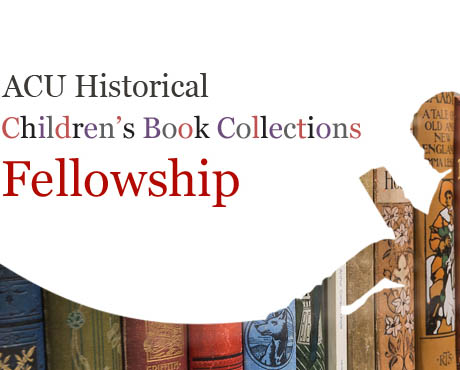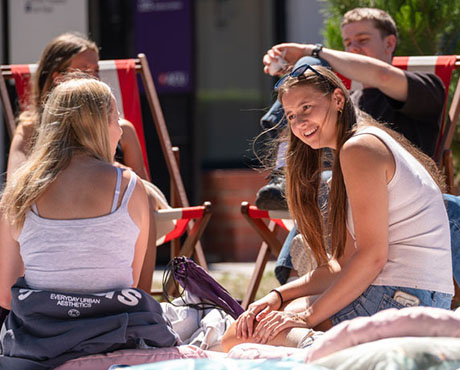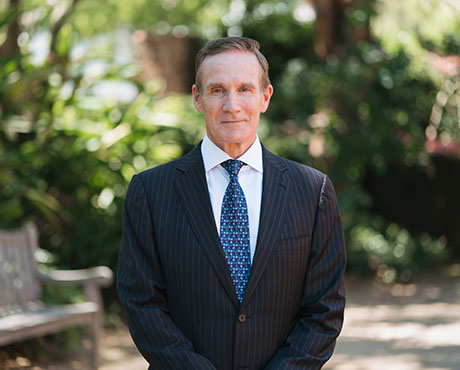
Have you visited Viva Engage yet?
News 16 DecemberViva Engage is here. Access it easily via Microsoft Teams.
11 September 2024
Share
A message from Acting Executive Dean of Theology and Philosophy Associate Professor Richard Colledge.
As all who teach know, there’s no better way to understand something for yourself than having to explain what you think you understand to someone else. Recently I had such an experience in conversation with a colleague from another university, who asked me about the so-called ‘Catholic intellectual tradition’. He was interested in what I understood the phrase to mean, and whether I thought it was a meaningful ‘concept’.
Actually, I don’t think of it as a ‘concept’, if by that is meant a fixed idea. I don’t think any major tradition of thought works like that. A tradition is a complex interweaving of ideas and practices, customs and beliefs, narratives and images, and generally also dos and don’ts. Traditions nourish us and allow us to express ourselves culturally, artistically and intellectually. They help explain the world to us by giving us a horizon of meaning, orienting us within the world. When a tradition is sufficiently rich, it is something we ‘inhabit’; we are formed by it, even as we simultaneously value and live other traditions and are challenged by other ways of making sense of the world and ourselves within it.
Traditions help encode heritage - an inheritance from those who went before us - helping us to retain links with the past and preserving its riches (and hopefully discarding its failures). But dynamic living traditions are never about forcing us to live ‘in’ the past. They don’t close things down. To the contrary, they open us up to a future filled with possibility, albeit preparing us for it with a sense of what matters, and what is worth striving for.
Further, great traditions of thought - be they primarily religious, political, cultural, etc - are complicated. They are like a canvas imprinted with layers of etchings laid down over many generations and draw from diverse cultures. But for all that, great traditions retain an overall coherence: a certain commonality of vision and what might be called an ‘intellectual consistency’ that finds diverse expression.
For me, the Catholic intellectual tradition is of this kind. While ancient and diverse - and consequently not something easily ‘defined’ in any static way - the Catholic heritage provides a vision of the world; of what it is to be human in community with other humans and other living beings, and of what it is to live a good life. Ultimately rooted in an understanding of the creative and self-emptying God of Jesus, this is a tradition of thought that orientates us to experience and reflect upon the world in this light, and to respond accordingly in the way we live.
Over the last few months, it has been a privilege to work with colleagues in the Faculty of Theology and Philosophy to think through what a revitalised Core Curriculum might look like as we consider the vital issues of our time and how the many strands of the Catholic tradition can help bring new perspectives and new understandings. Over the months to come, we look forward to having many conversations with colleagues across the university as the pieces of our revised curriculum (for 2026 implementation) start to come together in the context of our various disciplines.
Importantly, our Core Curriculum units will maintain a sharp focus on contemporary issues of importance: from justice and poverty, to environmental sustainability, to conflict and peace, to the benefits and challenges of new technologies, and so on. While drawing deeply on Catholic social teaching, we will also look to aspects of Catholic thought, practice and history that look well beyond that application alone. Artistic expression (painting, sculpture, music, literature and film) will also play a prominent part; so too scientific thought (its nature, history and future); and so too the dialogue with other religions and with indigenous spiritualities.
The focus of our Core Curriculm will also remain fixed on our students. We aim to meet them where they are, across ACU’s diverse course profile; broadening their outlooks in ways that enrich them for what we hope will be long and flourishing lives and careers; adding value to their course experiences by which we aim to help them become (as per our Graduate Attributes) people of insight, empathy, imagination and impact.
Rev Professor Gerald O'Collins SJ AC - the great Australian Catholic intellectual and theologian, who died a fortnight ago in Melbourne after his own long and flourishing life - understood that the Catholic tradition of thought is a diverse and complex heritage that nonetheless provides a distinctive vision of the whole of life. His work, conducted over half a century, attests to the breadth of this vision. Over recent weeks, Fr Gerry has been remembered by so many for his outstanding scholarship as well as his warm humanity. His was a life well lived: just one vibrant expression of a life inspired by the Catholic intellectual tradition.

Viva Engage is here. Access it easily via Microsoft Teams.

A message from Interim Executive Dean, Faculty of Education and Arts, Professor Phil Parker

The library is supporting the ACU Historical Children’s Book Collections 2025 Fellowship. It is an opportunity to conduct research on our historical collection of children’s books, located at St Patri...

A new Adjunct and Honorary Titles Policy and Procedure has been approved and is now in effect at ACU.

Advance your career in teaching and learning with the Graduate Certificate in Higher Education. Enrol by 22 June to get started in Professional Term 5.

Include an additional survey item in the Student Evaluation of Learning and Teaching (SELT) survey for units that are offered in ACU Online Term 2 (202536).

On 24 June ACU will transition to the new EBSCOhost. This will result in a new look and feel across some of our most popular databases. Learn more about the changes and what action may be required of ...

Teaching staff are encouraged to check their units have been correctly linked to their names for the Student Evaluation of Learning and Teaching (SELT) surveys in upcoming teaching periods.

Please be aware of the following changes to payroll processing dates.

ACU has three student modules: the Academic Integrity, Respectful Relationships, and Protecting our Children modules. Semester 1 students must complete their modules by 1 July to access their results ...

As part of Student Administration's commitment to service excellence, AskACU will be running on-campus re-enrolment drop-in sessions in July, while CMAS enhancements will improve information available...

The Student News and Events bulletin is sent to all students, nationally, and includes a broad cross-section of news, announcements, events and stories from across the university. The May edition is o...

A message from the Chief Operating Officer Patrick Woods.

Register for these 15-minute sessions to learn more about the variety of online researcher profile platforms and what is involved in setting up, linking and updating your profile.

Lecturers-in-charge can make a direct determination of Poor Academic Practice (PAP) for students who engage in minor forms of academic misconduct. Learn why they can be valuable to staff and students.

A reminder to all academic staff that the mandatory Notice of Intent, for those intending to apply for promotion in the 2025 round, must be submitted by 11.59pm this Friday (30 May).

ACU is developing a new Education and Student Success Plan to ensure our university continues to provide a high-quality, student-centred learning experience. Find out how you can contribute to the pla...

Expect a few email notifications as we prepare to welcome you to Viva Engage next week.

Include an additional survey item in the Student Evaluation of Learning and Teaching (SELT) survey for units that are offered in Professional Term 4 (202547).

An update from the Executive Dean of Law and Business Professor Andrew O'Neil.
Visit Service Central to access Corporate Services.